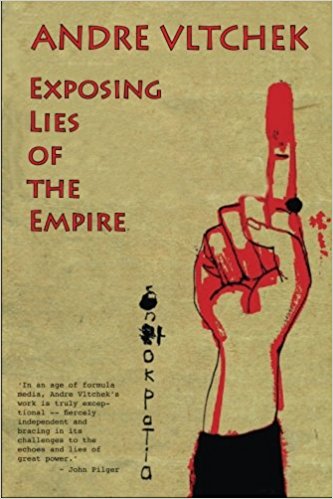This piece was reprinted by OpEd News with permission or license. It may not be reproduced in any form without permission or license from the source.
An Iraqi educationalist, prominent journalist and researcher, Ms Zeinab Al-Saffar explained:
"I believe that the attacks against Syria that we are now witnessing, are a pre-orchestrated flagrant imperialist violation of a sovereign state, a flexing of muscles which is supposed to prove that the US is still the global power. Why on earth would the Syrian government perform a chemical attack knowing that the fingers would be immediately pointed at it, consequently thwarting an ongoing political process? Only fools could buy such narratives that are reminiscent of the 2003 US-led aggression to destroy the WMDs in Iraq, which only resulted in the devastation of Iraq, in the ruining of its people, and wiping out of its culture."
After the US missile assault on Syria, the Bolivian Ambassador to the United Nations, Sacha Llorenti, lashed out at Trump's decision, which he defined as, "an extremely serious violation of international law."
Llorenti reminded the Council of February 5th, 2003, when the then US secretary of State Colin Powell, "came to this room to present to us, according to his own words, convincing proof that there were weapons of mass destruction in Iraq."
Such views are not held in Iraq only; I encountered fairly similar logic and recollection of the events even in Turkey, from where a well-known columnist Feryal Ã"�evikà �z wrote to me:
"The real question is: "who orchestrated that chemical attack?" It seems that only the US could benefit from this chemical assault. The US had finally found the 'reason', the pretext for its direct attack against Syria. There were already many similar incidents in the region and in other parts of the world, and the screenplay is always the same. It seems that only the players, the actors keep changing."
In Latin America, Russia, China, much of Africa and of course in the neighboring Iran, people are beginning to see clearly both the pattern and predictability of the Western foreign policy.
(Note: You can view every article as one long page if you sign up as an Advocate Member, or higher).






